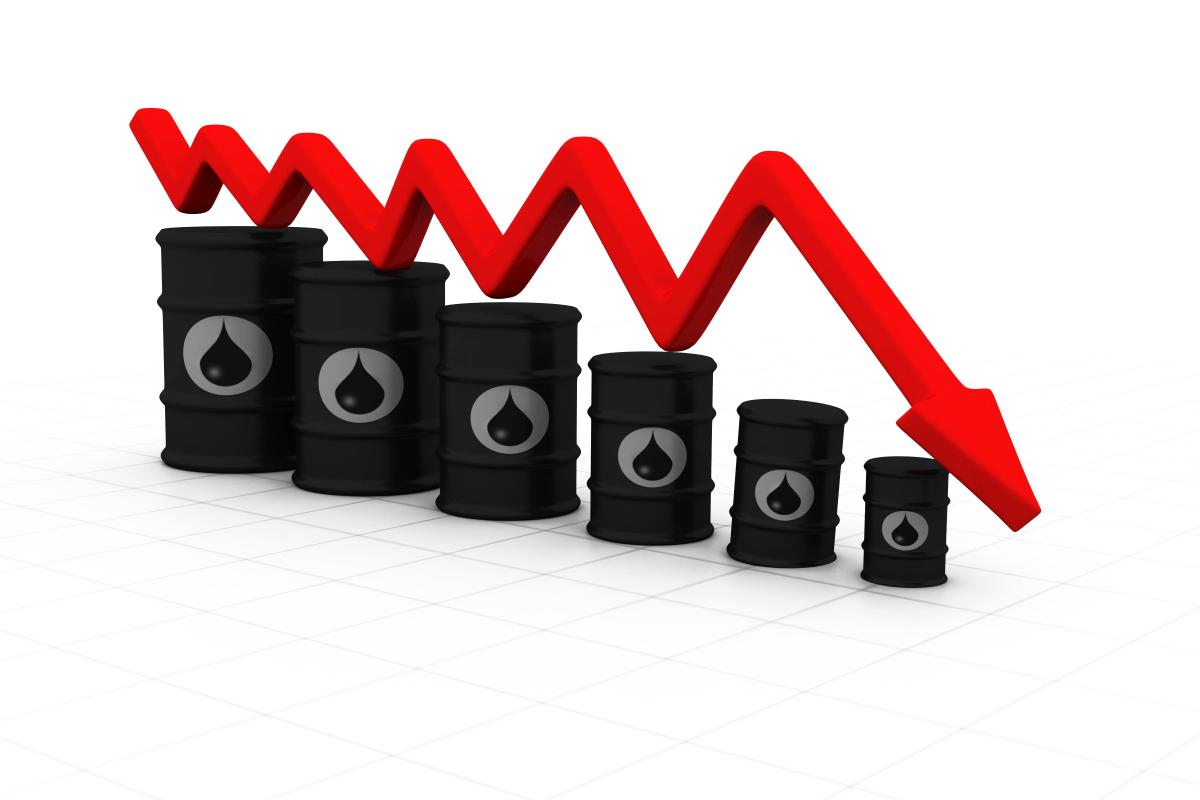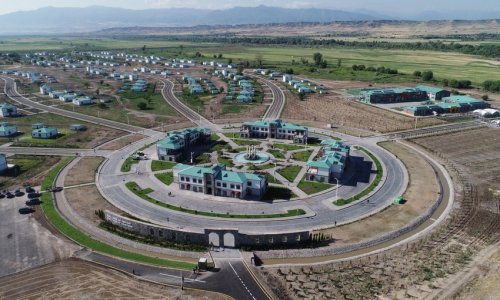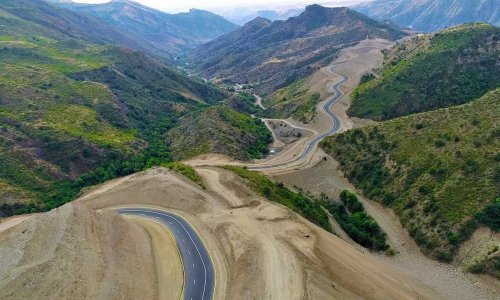Azerbaijan's main crude oil grade, Azeri Light, rose from its lowest price since 2010 on Monday as renewed concerns over supplies from Libya prompted a rebound in differentials, while Russia's Urals grade was steady to firmer, Reuters reported.
Libya's two biggest oil ports have shut due to fighting between armed factions allied to the two rival governments, and on Monday the internationally recognised government launched air strikes.
The return of output from Libya was one of the triggers for the near 47 percent Brent futures price fall since June, OPEC holding production steady even in the face of higher North African exports and fast-growing U.S. shale output.
Physical oil market differentials had started to weaken last week under the weight of the glut, echoing moves just before the sell-off started this summer. But Brent was able to hold above the key $60 abarrel a mark on Monday, supported by Libya.
In the Platts price assessment window, ENI bid for a cargo of Azeri Light at $1.45 a barrel above dated Brent, rebounding from 4-year low of $1.05 a barrel above the benchmark on Friday.
Also supporting lighter grades, was a production glitch at the Buzzard oilfield in the UK North Sea, the largest contributor to the Forties crude stream. That added to a number of cargo deferrals in the region.
There is still a plentiful supply of lighter barrels, traders said, with Nigerian price differentials slumping to a five-year low as cargoes struggle to clear.
In Urals, no bids and offers were seen in the Platts window, as traders digested preliminary loading programmes for early January.
Swaps indicated differentials for Urals in north west Europe may firm slightly next month to around $1.80 below dated Brent, off a six-month lows around $2.20 a barrel below dated Brent currently. In the Mediterranean differentials in January are seen around $1.15 below dated Brent, largely in line with recent trades.
Traders said Urals might take some support from relatively strong refining margins heading into the winter holiday period. The average plant in the Mediterranean cracking Urals was making around $$4.15 a barrel on Monday, according to Reuters models, more than double the year average.
ANN.Az
Follow us !











